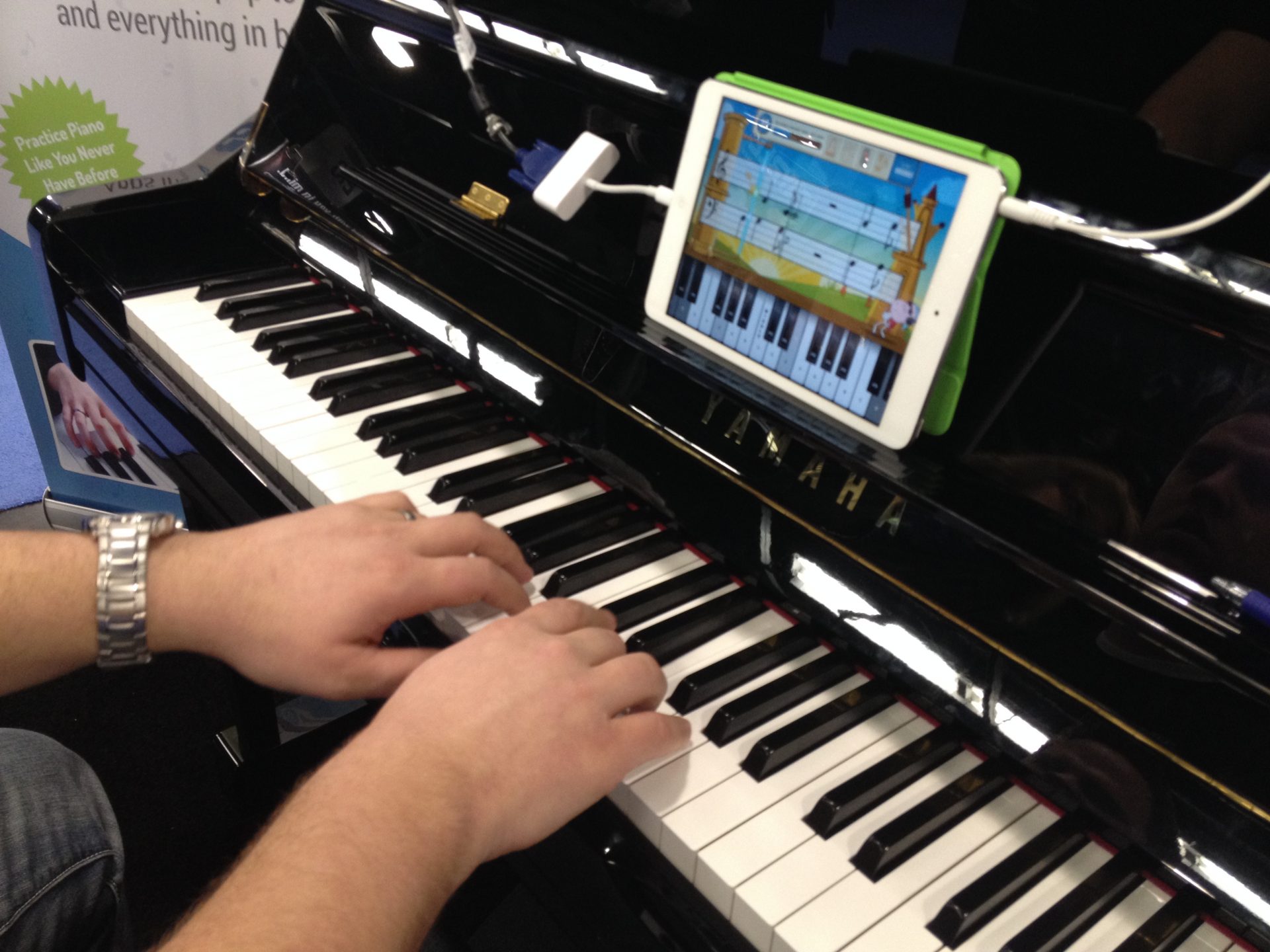Badgeville, which has helped define the gamification of software, now believes the term should be put aside. “Many people in senior positions still think it means competition or games,” Kris Duggan, founder and chief strategy officer at Badgeville, told me in a recent conversation. “They can’t even say it; they call it gamification,” he said, pronouncing the first syllable like “lamb.”
Duggan is perhaps the industry’s leading authority on gamification and social business. The point, he said, is for organizations to guide people through a process and show them how to be successful—how, in other words, to win. Duggan said organizations need to understand “what are the engagement strategies to motivate behavior, and how do we represent those things in a digital environment?”
The term “gamification” arose when companies such as Badgeville took things from games, such as badges and other rewards given as players advance through a game, and applied to them things that are not games. “It’s actually behavior management, but I’m not sure how catchy that is, or engagement technology for customers and employees,” Duggan said.
As an example, he pointed out that 1% of visitors who go to Facebook brand pages ever return. “Marketers have to find new ways to create loyalty,” he said. “And ‘gamification’ doesn’t fully capture the real potential.”
Duggan went on to say that gamification misses some context. “Say you’re the expert on Yelp for Chinese restaurants in your area. You’ve tried all the meals, spent hours hunting down out-of-the-way restaurants, that’s a badge. But if you demonstrated high-quality behavior and are being recognized with the label of ‘expert,’ it’s not just ‘Oh, here’s a sticker.’ ”
As for gamification software itself, companies are using it to get new employees on-boarded faster, Duggan said. For instance, employees are driven through the software with prizes, and the ultimate reward is certification at the end. Or, sales teams use it to drive individuals to achieve bigger results than their peers, and the company will reset it every quarter to offer the possibility of multiple winners.
Customer loyalty programs tend to get a huge spike of activity when they’re launched, but if they aren’t updated, usage will plateau and eventually fall off, Duggan said. “You need to introduce new things,” he explained. “There are a whole host of different ways to reward people to keep them engaged.”
Think it’s all fun and games? Badgeville has raised US$40 million in funding in a little more than three years. That’s not a game; it’s business.





